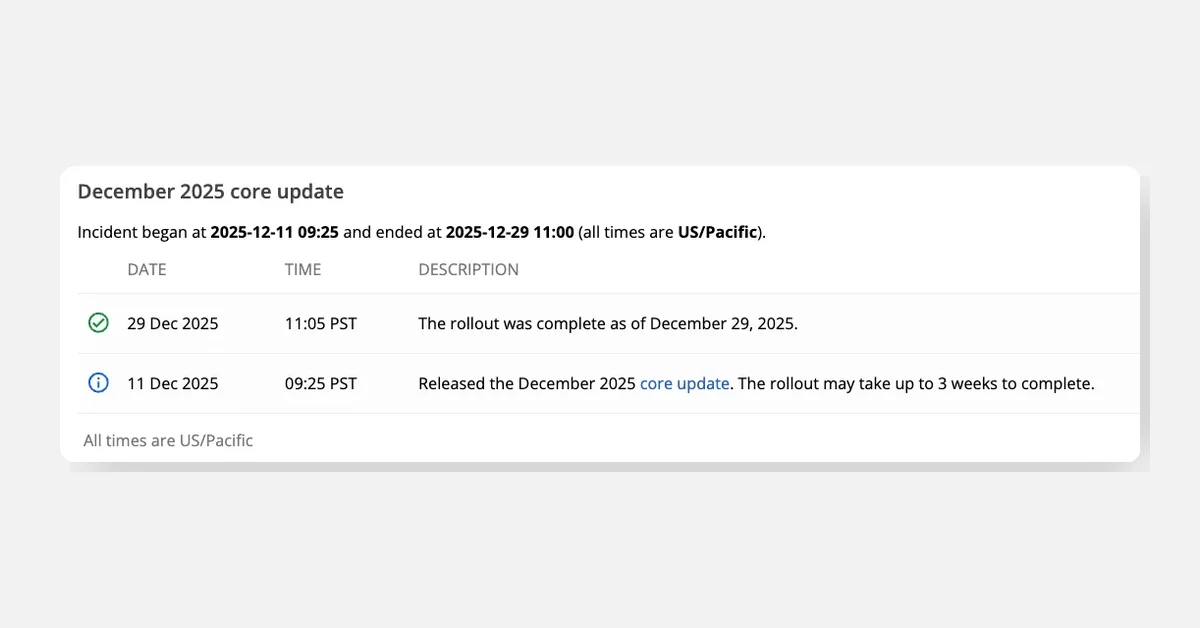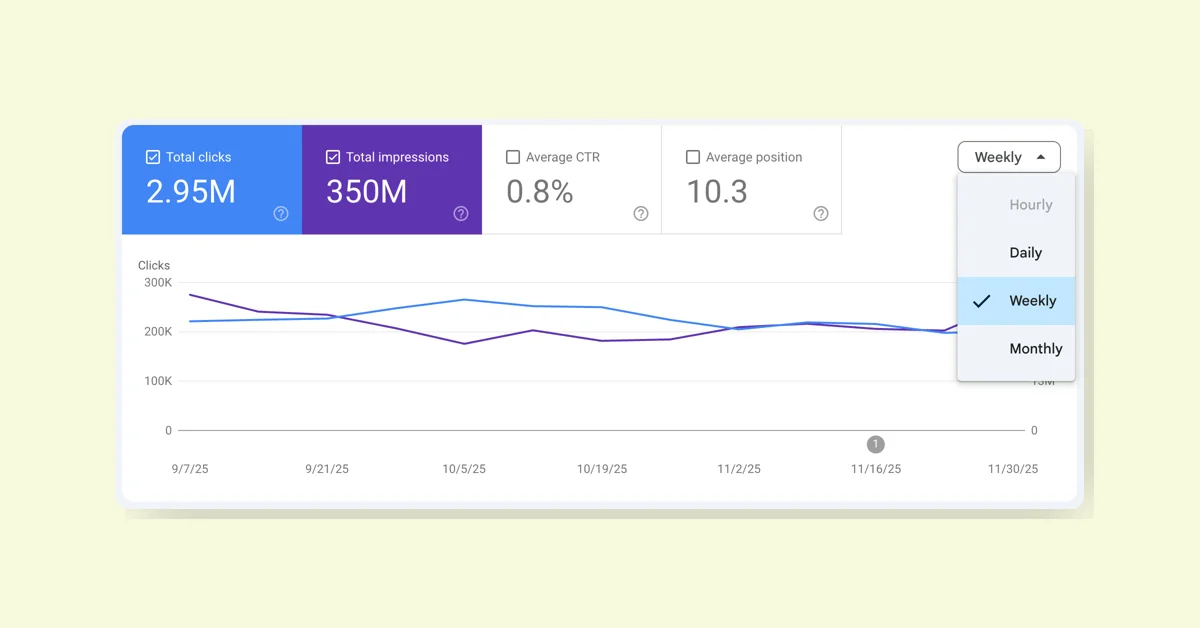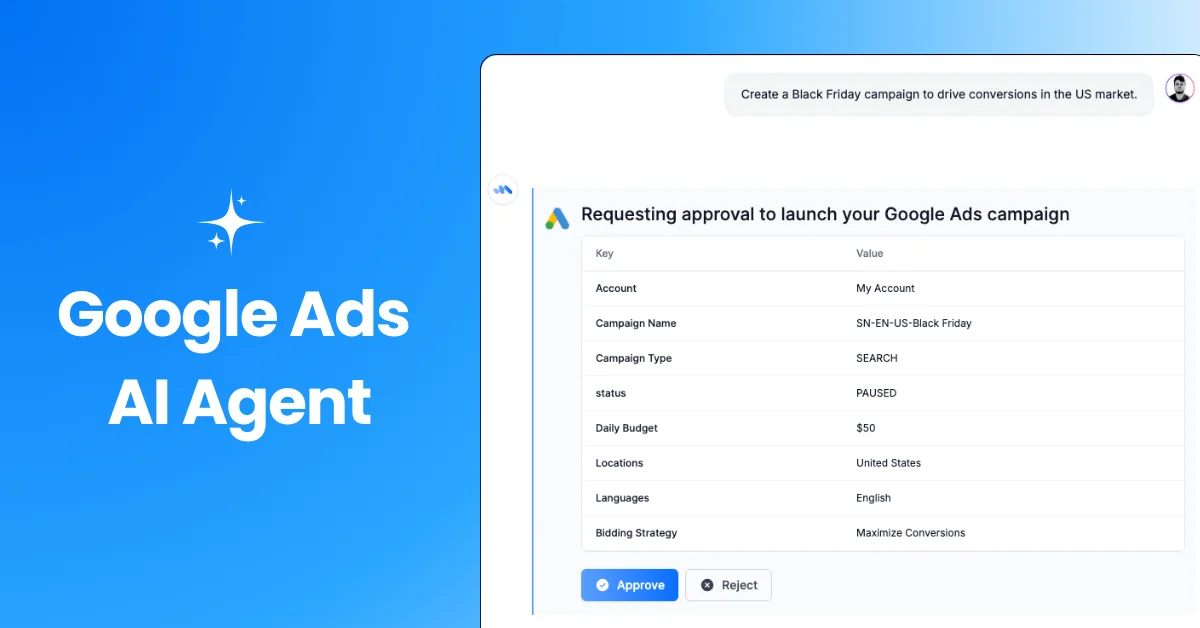
Google Search Console AI Configuration Now Available to All Users
6 days ago
Google's Search Console now offers an AI-powered configuration feature in its Performance report, letting users describe their analysis in natural language. It applies filters, sets comparisons, and selects metrics like Clicks and Impressions, simplifying data analysis. It supports only Search results reports, may misinterpret requests, so users should verify filters. It cannot sort or export data and is rolling out gradually.








